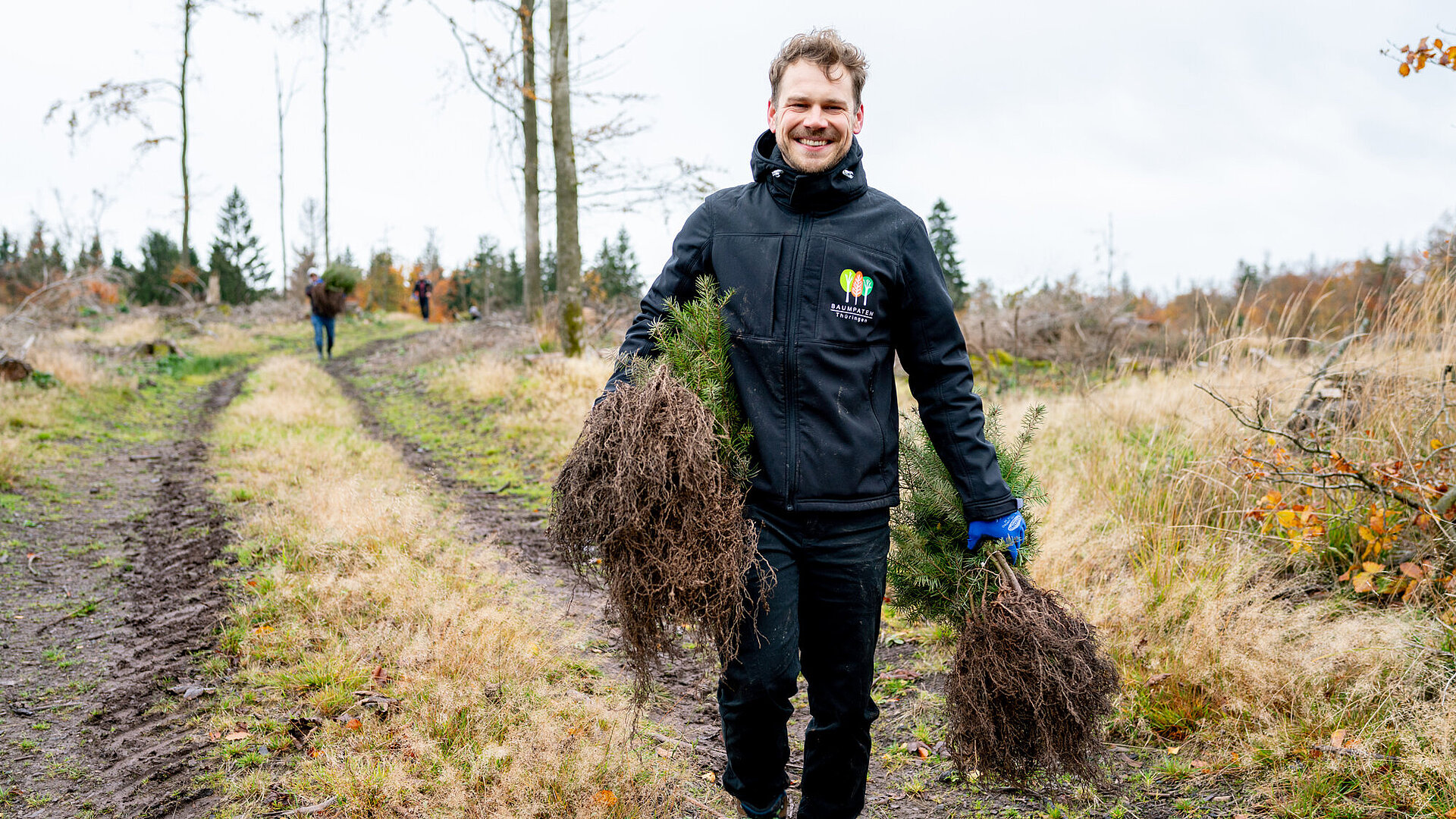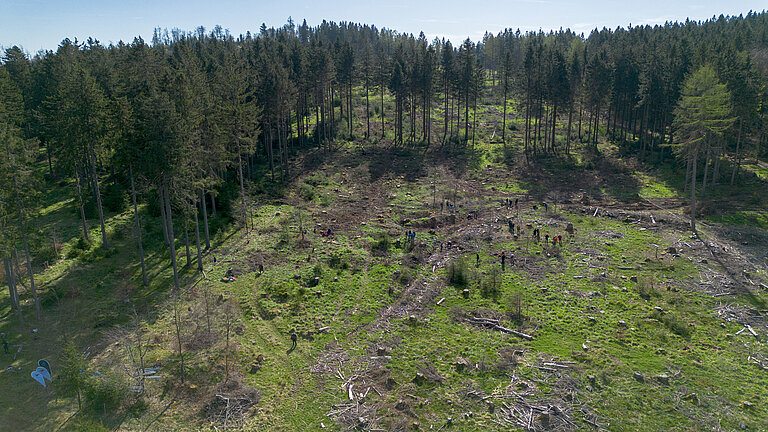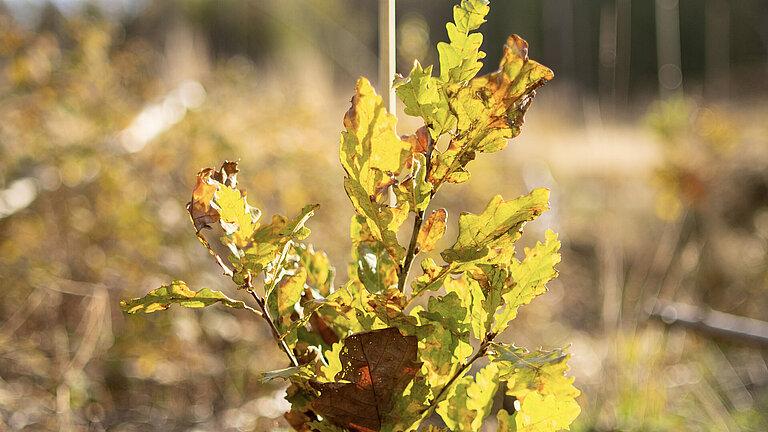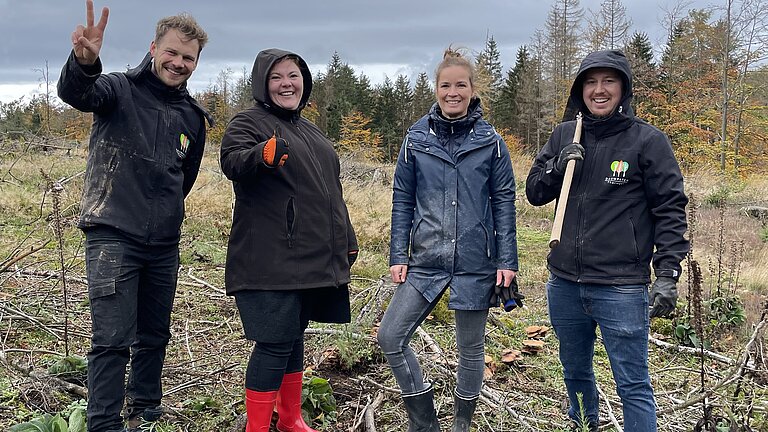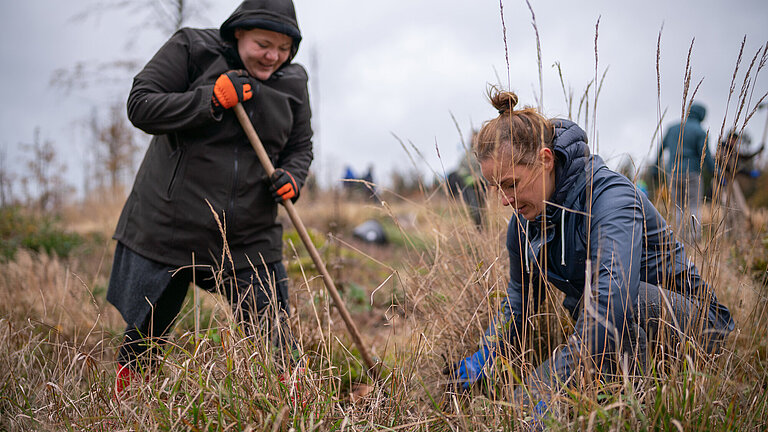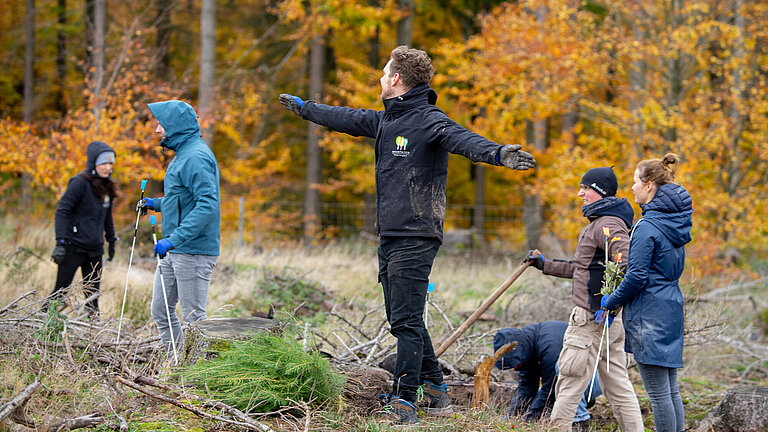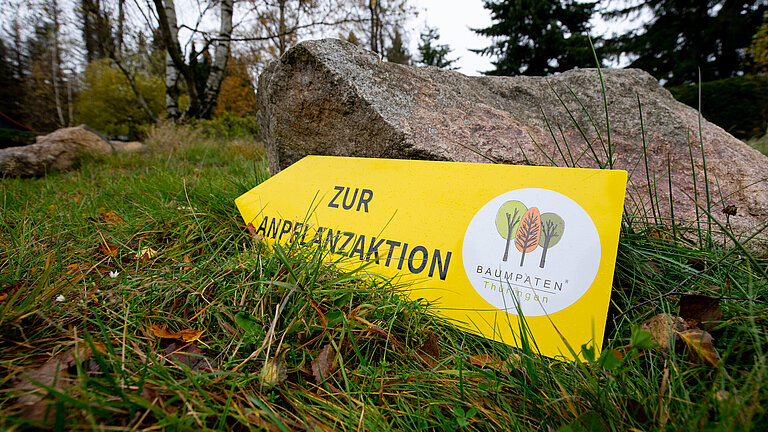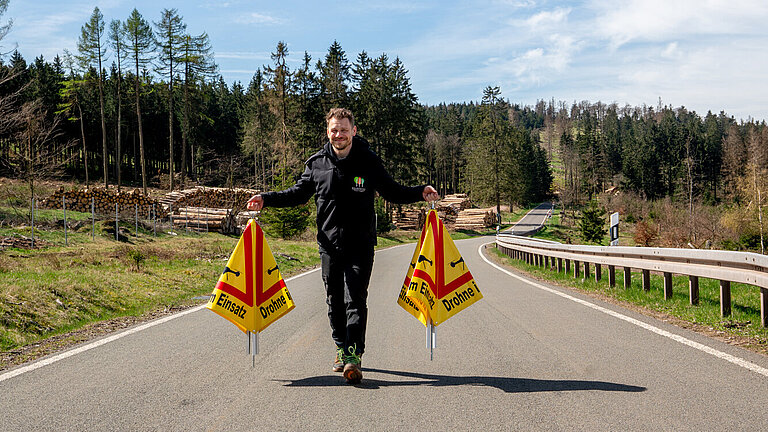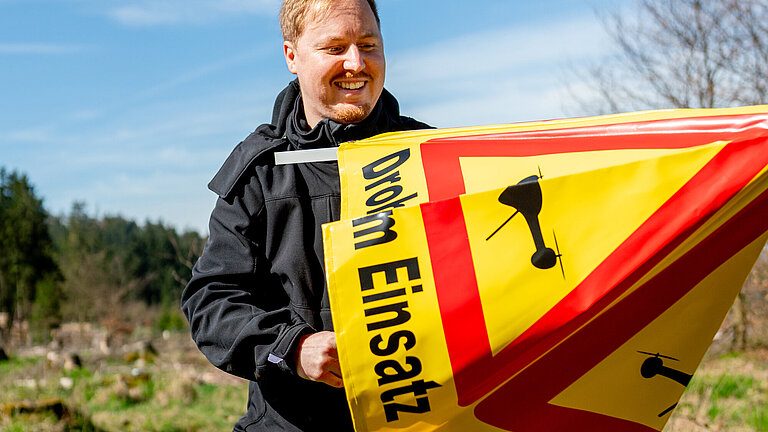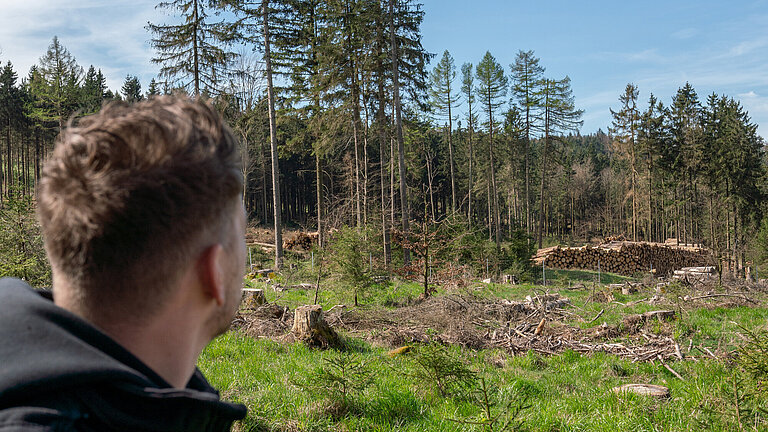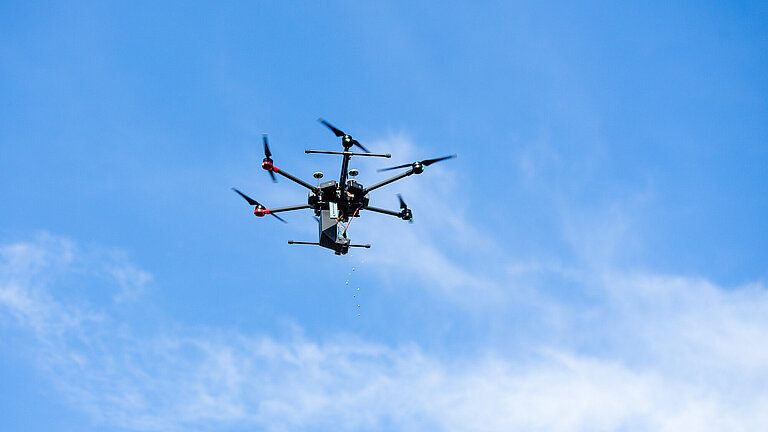Environmental commitment at QUNDIS: from factory to forest.
Gerd Mastmann confidently guides a small group of visitors through the QUNDIS factory in Erfurt. While the machines in the background set the pace of production, Mastmann explains in a soft voice how metering devices and readout systems are produced. He is familiar with the people and the machines in the factory, which perform their tasks with practised and efficient movements. “The production of metering and readout equipment is complex,” he comments on the production process. Every team, every employee and every supplier is bound by quality standards and checks, explains Mastmann, using his thumb to indicate the area behind him where a technician is currently checking a product sample. “And even beyond the manufacturing process, our environmental efforts are regularly reviewed by independent environmental auditors.” Then he raises his head and smiles, pointing to the ceiling: “Even our ceiling lamps are EMAS-certified”.
Martin Zink looks up from the ground and surveys the sparsely wooded surroundings. It is November 2022 and from a distance the brown trees blend into the autumn landscape. Up close, however, infestation by pests and the effects of the summer drought are clearly visible. “The voluntary commitment of companies to environmental protection is crucial for our region,” he says, assessing the situation. The member of BAUMPATEN THÜRINGEN® plunges his spade into the hard ground: “That's why I'm delighted to be here today at the groundbreaking ceremony for a QUNDIS company forest.” A little out of breath, he plants the small larch sapling in the ground and smiles.

